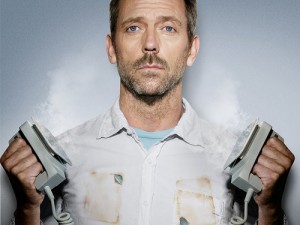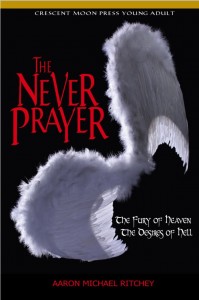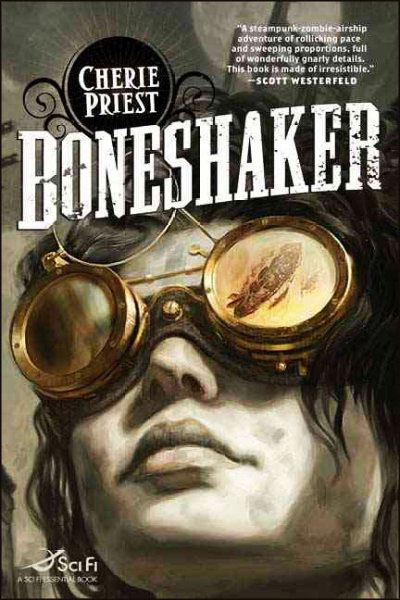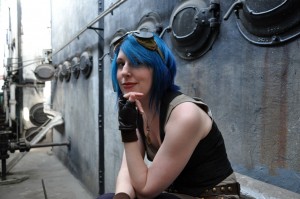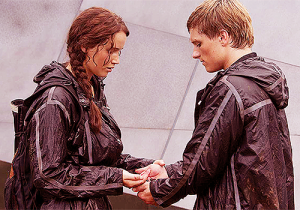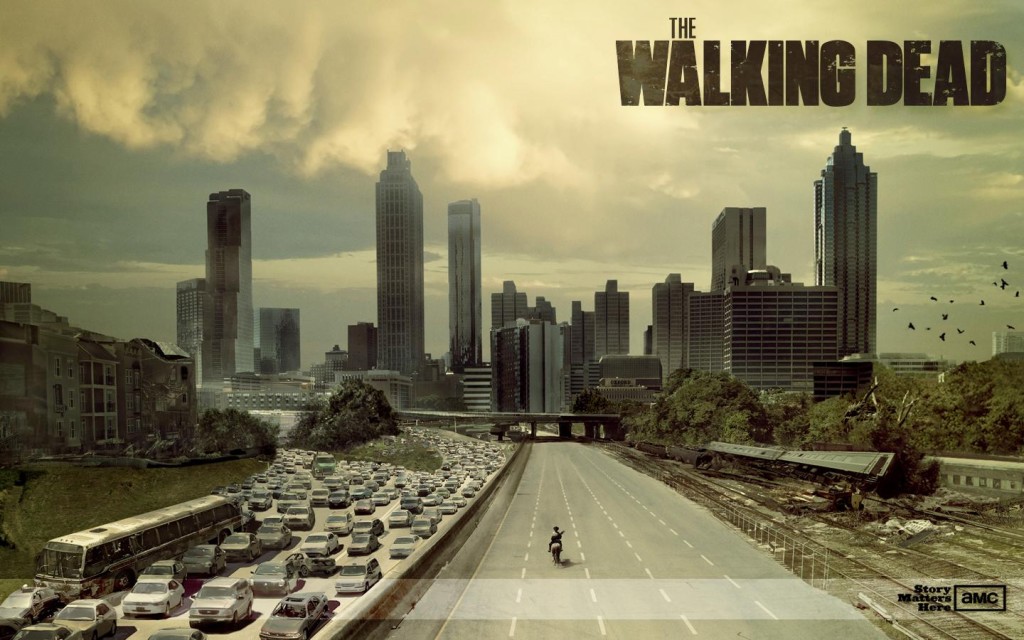
In some ways, writers are an easy audience. Or at least I am. I adore story, drama, and emotion. That’s why I write books. Because I love to create exactly the story, drama, and emotion I want and I do it the “right way,” at least for me. Yeah, it takes effort for me to consider an audience because I know what I want and who cares about anyone else.

So I still have a lot to learn. I used to think story was king. I’m a big fan of Robert McKee, and he says that if you have a good story, other parts of your project can be iffy because people can overlook a lot for a good story.
But now I don’t think story is king. I think it’s the crown prince, though. Who is the king? Emotion. I think people lock onto art because of the emotional impact, or at least I do.
So in The Walking Dead, I think the series gets the emotions right. Yeah, it’s been hammered by critics and bloggers and Chris Devlin (who is awesome by the way) as being completely illogical and ill-planned. Most people call the characters zombie bait.
For example, in the first season, the survivors are camping out during the zombie apocalypse. Their only defense is a bunch of cans on a string. The camp was dubbed Camp Dinner Bell by some people because would you really be out in the open in tents if there was a zombie apocalypse on? Probably not. On the outskirts of Atlanta, there are tons of buildings you could hide in. Like with walls and doors and everything.
Part of me understands the criticism, but mostly, I just don’t care. Why? Because of the emotional impact of the series. It takes the end of the world seriously. It takes zombies seriously. And it might get the logistics wrong, but it gets the emotions just right.
How does it do that? I think the characters are good, the dialogue is good, and the acting is superior. So I am drawn in. So, does that mean characters are more important than story?
Hmm. I’ll have to ponder that because in essence, the emotions come from the characters.
But who am I kidding? It all has to work. I have a friend who says writing novels is like building a table with 23 legs and every one of them has to be measured perfectly. But if I was going to skimp, where would I skimp? What has to be solid? The characters. Emotion trumps story. Or am I showing my age?
When I was fourteen, I would have watched The Walking Dead for the gore and story. Will these people survive the zombie apocalypse? Now I watch it for the characters because I know they will all die. It’s not if they get to the end, because hey, in the zombie genre, everybody dies. It’s not if, it’s the how they do it. What can I learn about being human from their journey?
Oh, I am getting so old. Luckily, men stop maturing at around 14, so I can still enjoy the gore.


